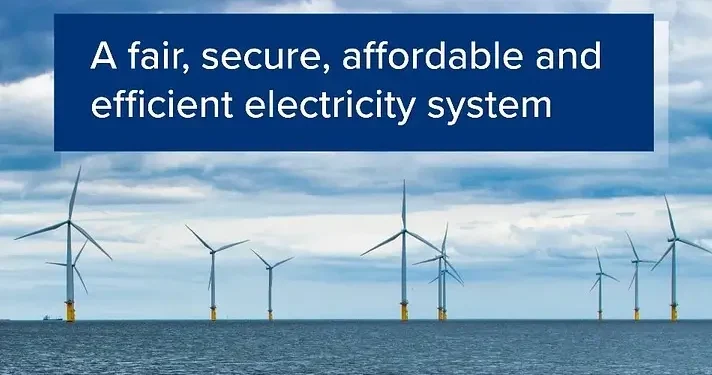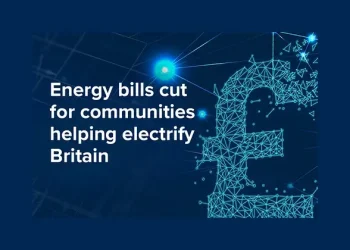The UK government has unveiled significant reforms to the national electricity market, maintaining a single wholesale price across the country.
This move aims to ensure fair pricing, encourage clean energy investment, and protect consumers from regional disparities. The reforms include strategic planning and accelerated grid upgrades to support a sustainable energy future.
Ensuring Fair Pricing for All
The decision to retain a single national wholesale electricity price is pivotal in preventing regional price disparities that could burden consumers and businesses in certain areas.
By maintaining uniform pricing, the government seeks to ensure fairness and stability across all UK regions. This approach also provides predictability for businesses, allowing them to plan their energy costs more effectively.
Benefits for Local Communities
- Households near new or upgraded infrastructure can receive bill discounts up to £2,500 over ten years.
- Coastal and rural communities hosting clean energy projects will benefit from local investments.
- Accelerated grid upgrades could save up to £4 billion in constraint payments by 2030.
Investment Certainty and Economic Growth
The reforms are designed to provide stability for investors in renewable energy sectors such as offshore wind and nuclear power.
By offering a predictable pricing environment, the government aims to attract significant investments that will drive job creation and economic growth.
This strategy aligns with recent commitments like the £14.2 billion Sizewell C nuclear project, which represents a major expansion of nuclear power in the UK.
Industry Perspectives on Zonal Pricing
- RenewableUK and Scottish Renewables opposed zonal pricing due to potential risks to investment and jobs.
- Some energy suppliers supported zonal pricing as a means of addressing inefficiencies.
- The government’s decision balances investor certainty with consumer protection concerns.
A Strategic Approach to Energy Infrastructure
The UK government plans an active role in planning energy infrastructure through initiatives like the Strategic Spatial Energy Plan set for publication in 2026.
This plan will guide new project placements until 2050, aiming to reduce grid connection delays significantly.
Additionally, collaboration with Ofgem is underway to review transmission charges, making them more predictable for investors while supporting the transition towards clean power systems.
Additional Reading
Final Thoughts
The UK’s electricity market reforms aim at creating a fairer system that supports both consumers and investors while fostering clean energy development.
By maintaining national pricing and accelerating infrastructure upgrades, these changes promise long-term benefits but require careful management of potential inefficiencies. Continued collaboration among stakeholders will be crucial for successful implementation.
More of Todays Top Breaking Government News Stories!
Sources: UK Government, Energy Voice, Department for Energy Security and Net Zero and The Rt Hon Ed Miliband MP.
Prepared by Ivan Alexander Golden, Founder of THX News™, an independent news organization delivering timely insights from global official sources. Combines AI-analyzed research with human-edited accuracy and context.









